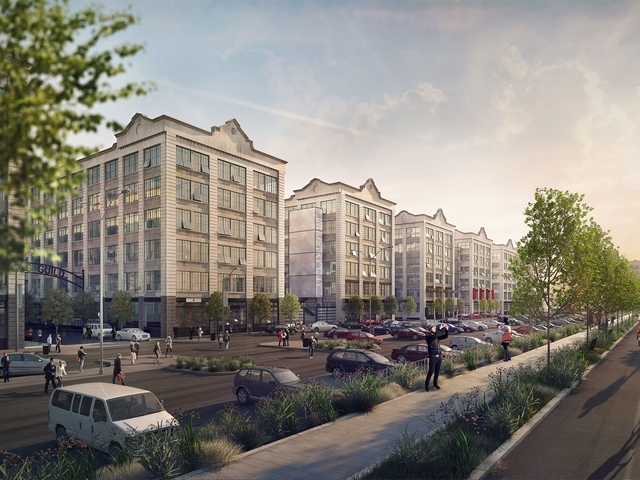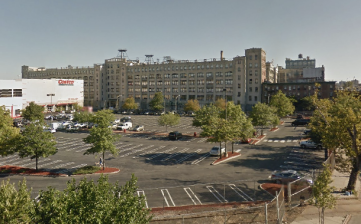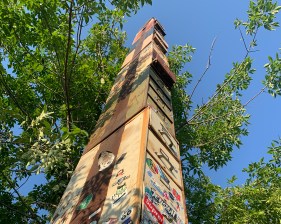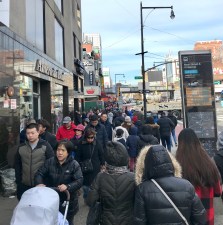EQUAL TIME: Industry City Rezoning Will Help Sunset Park, City

On Friday, we published a stinging rebuke of the Industry City rezoning plan — which is headed for quite a fight in the City Council after being approved by the City Planning Commission this week. Hours later, the head of Industry City requested equal time, which we are happy to grant to CEO Andrew Kimball.

For the past seven years, I’ve had the opportunity to work with the Sunset Park community to reach a plan for Industry City that creates real opportunity and generates meaningful investment in the neighborhood.
Since then, this plan — which will achieve 20,000 jobs and more than $100 million in annual new tax revenue for New York City through private investment — has been shaped through a process of unprecedented community engagement, with dozens of community meetings prior to the beginning of the city’s public land-use review process known as ULURP. Notably, the substantial commitments we’ve made to Council Member Carlos Menchaca and Brooklyn Community Board 7 include having agreed to every one of the 10 conditions they presented to us before ULURP even began.
Among these commitments? Removing hotels and limiting retail space in the plan, preserving industrial space for 21st-century manufacturing, developing and privately funding a job training and entrepreneurship center, and indicating a willingness to enter into a legally binding Community Benefits Agreement.
This collaboration has made the plan stronger, and a growing and diverse cross-section of Sunset Park and New York continues to recognize that. In fact, in recent weeks, nearly every day has brought new endorsements from civic, labor, business and elected leaders — including members of the City Council — small business owners, and neighborhood residents.
While a few voices have tried to deny, dismiss or diminish the 20,000 jobs this plan would create, saying “yes” doesn’t demand a leap of faith. Just look at the hard evidence: the opportunity Industry City already has created. Since 2013, the number of small businesses at IC has grown from 150 to 550 and jobs have increased from 1,900 to 8,000, with nearly 40 percent of the people who work at Industry City coming from the surrounding neighborhoods.
The Innovation Lab, an unprecedented private-sector-initiated workforce development initiative, has served 5,000 individuals with job placement, training and small business services. And over 30 percent of the 500 people we’ve placed in jobs through the Innovation Lab in the last three years are residents of Sunset Park.
It’s not surprising to hear opposing voices trafficking in lazy cheap shots, like calling the proposal a plan to create a “luxury mall,” despite the fact that retail will be restricted to just 15 percent of Industry City. But if you assess the proposal on its merits or take the time to speak with the entire community and not just seek out known voices of opposition, you’ll know these baseless attacks couldn’t be further from the truth.
There’s much I’m proud of at Industry City. Transparency, honesty and engagement always have been and always will be at the heart of Industry City. These tenets should become the foundation for all who seek land-use changes in New York City.
Andrew Kimball is CEO of Industry City and a Brooklyn resident.



